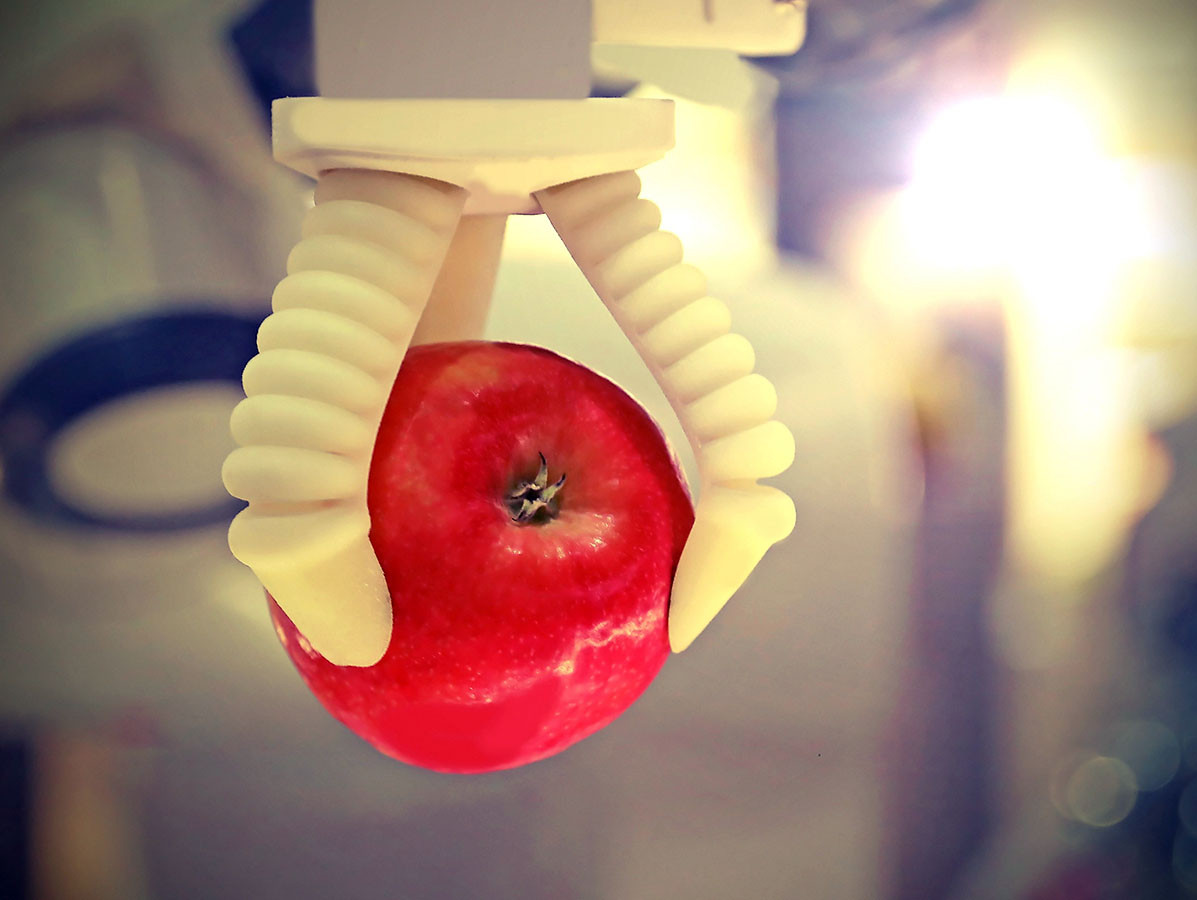
Artificial intelligence (AI) makes production processes in the food industry more efficient, accelerates product development, and contributes to a more sustainable food system. A company culture that encourages experimentation and accepts mistakes is crucial for success.
Food producers are combining AI with robotics to address labor shortages and an aging workforce. Robots, supported by AI, replace scarce human labor in complex tasks such as cutting products. AI serves as a link between imaging technology and robotics. Heemskerk fresh & easy uses a robot that analyzes and cores lettuce, accounting for natural product variations. These innovations are essential for efficient and sustainable production lines.
AI technology provides deep insights into the taste preferences of different consumer groups. Coca-Cola used AI for the development of Y3000 cola to better align with the preferences of Generation Z. AI enables faster and deeper product development that remains relevant to younger generations. Additionally, AI offers supermarket buyers profound insights into consumer trends, making them less dependent on suppliers for information, yet paradoxically more dependent for stocking shelves.
Climate change affects the availability, price, and quality of raw materials. Advanced AI models help predict fluctuations and switch to climate-resilient ingredients. This maintains the taste and texture of products despite variations in raw materials. AI optimization ensures that suppliers can improve their production and supermarkets receive a consistent supply of products.
Sustainability initiatives like Unilever's smart freezers and NotCo's plant-based substitutes demonstrate how AI can counteract climate change. Chilean company NotCo uses its self-developed AI platform, Giuseppe, to combine plant-based ingredients into products like NotMilk, which mimics real milk. Investments in AI and technologies like these contribute to sustainable solutions in the food industry.
Support from management is essential to fully leverage AI potential. Investments in robust data management and a culture that embraces new technologies are crucial. Food producers often collaborate with specialized tech companies for the complex integration of AI. Finding reliable partners with proven successes in AI and robotics is important for overcoming the challenges in the sector.
The integration of AI offers solutions for stable and climate-resilient production, reduces labor shortages, and accelerates product development, helping the food industry cope with future challenges.
Source: ABN AMRO